

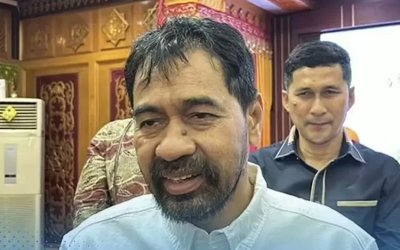
Mualem Tegaskan Aceh Terbuka Terima Bantuan Internasional untuk Korban Banjir dan Longsor
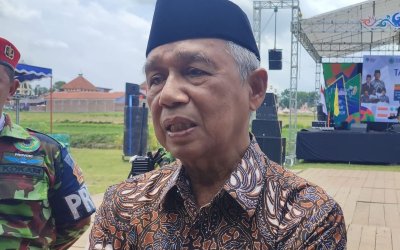
Busyro Muqoddas Desak Pemerintah Tetapkan Bencana Nasional atas Banjir di Aceh, Sumut, dan Sumbar
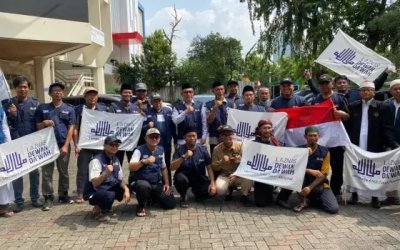
Dewan Dakwah Lepas Konvoi Kemanusiaan untuk Penyintas Banjir dan Longsor Sumatera
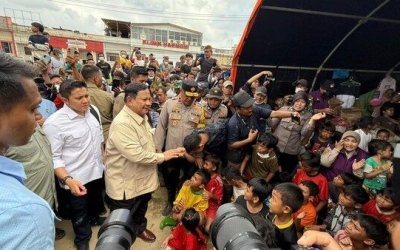
Tinjau Lokasi Banjir-Longsor di Aceh Tamiang, Presiden Prabowo Ingatkan Larangan Tebang Pohon Sembarangan
‘Celana Saya Dibuka, Dada Saya Diinjak, Jari-Jari Saya Diremukkan’: Pria Muslim Meninggal Diserang Hindu Radikal

‘Israel’ Klaim Tewaskan Tokoh Kunci Hamas Arsitek Serangan 7 Oktober

ISIS Sergap Patroli Gabungan AS-Suriah, 3 Tentara Amerika Tewas
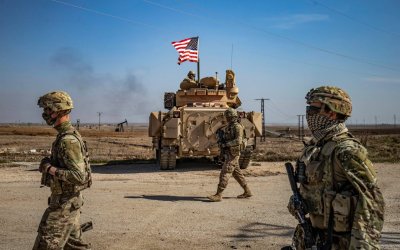
Sebut Turki Musuh, ‘Israel’ Tegas Tolak Pasukan Erdogan di Gaza

Demi Kelancaran Ibadah, Saudi Larang Jemaah Tiduran di Masjidil Haram

Pemerintah Aceh Nilai Banjir dan Longsor Bukan Kejadian Biasa, Material Kayu Jadi Fokus Penyelidikan

Inggris Ancam Keluar dari ICC Jika Netanyahu Ditangkap
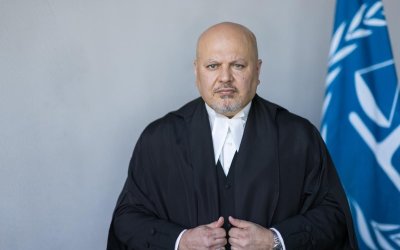
Pejabat ‘Israel’ Serukan Pengibaran Bendera di Gaza Pada Perayaan Hanukkah

Jet Tempur ‘Israel’ Bombardir Lebanon Selatan dan Bekaa Barat, Langgar Gencatan Senjata
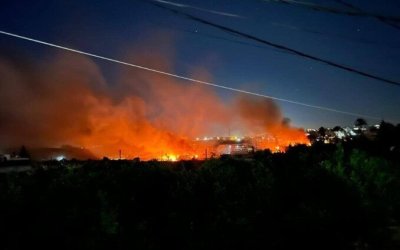
WHO Peringatkan Risiko Wabah Tak Terkendali di Gaza di Tengah Kolapsnya Layanan Medis

Cuaca Ekstrem Perparah Krisis Kemanusiaan di Gaza, Anak-Anak Tewas Akibat Dingin dan Runtuhan

Mualem Tegaskan Aceh Terbuka Terima Bantuan Internasional untuk Korban Banjir dan Longsor

Busyro Muqoddas Desak Pemerintah Tetapkan Bencana Nasional atas Banjir di Aceh, Sumut, dan Sumbar

Hamas Meradang, Ben Gvir Ancam Hancurkan Makam Syekh Izz al-Din al-Qassam

Sadis! Tank ‘Israel’ Lindas Remaja Palestina Menjadi Dua di Gaza

Ribuan Ulama Berkumpul Larang Warga Afghanistan Serang Negara Tetangga
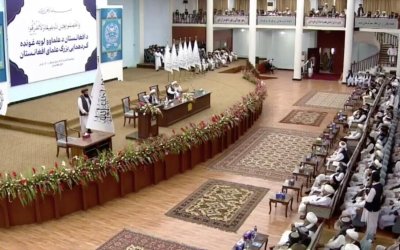
Beredar! Video Tahanan ‘Israel’ Rayakan Hanukkah di Terowongan Hamas

LSM: Ribuan Kasus Kekerasan Seksual di Sudan dilakukan RSF

Pengusaha ‘Israel’ Ancam Bongkar Informasi Memalukan Netanyahu – Herzog

Anggota Kongres AS Seru Umat Islam Harus Dihancurkan
